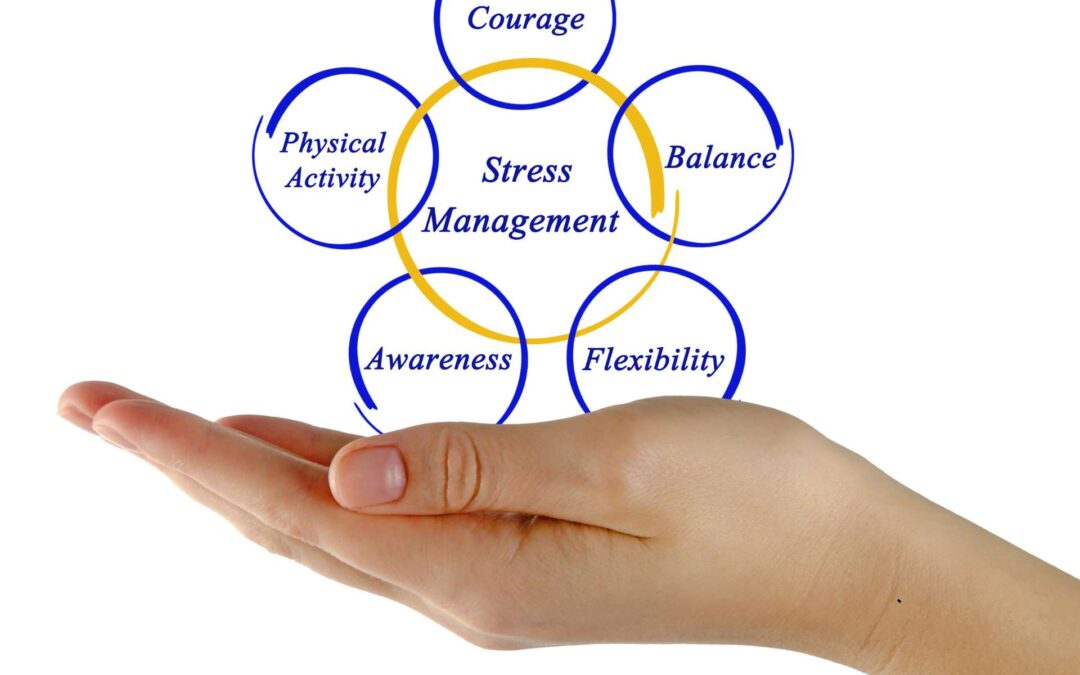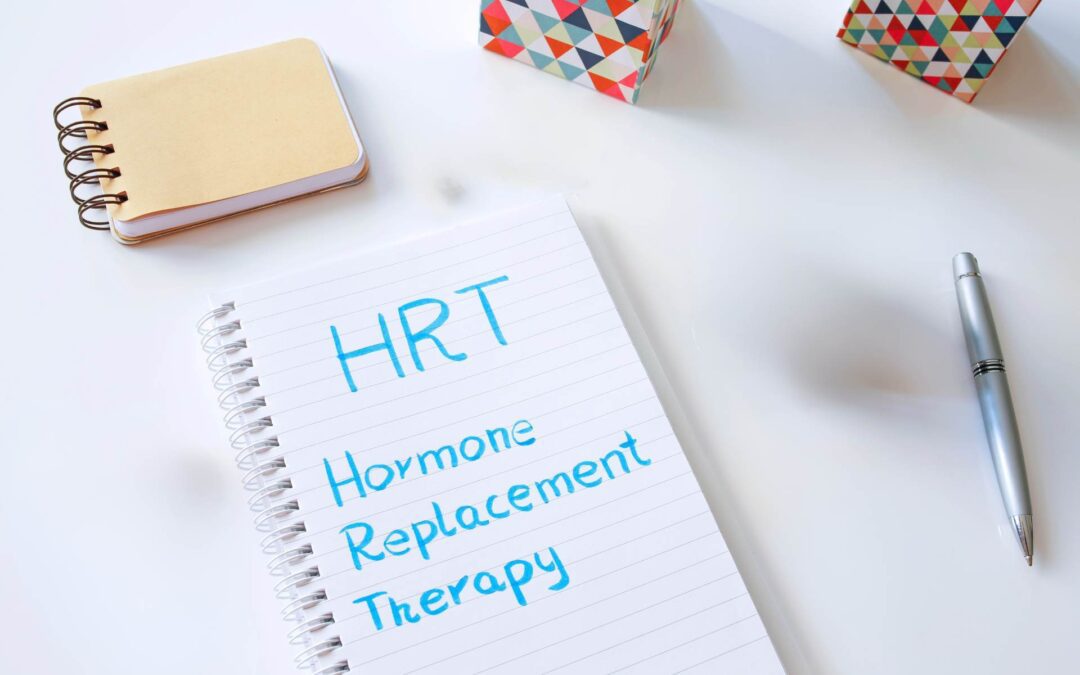At New Insights Behavioral Health, we prioritize the safety and well-being of our clients by ensuring that all aspects of their care are managed effectively. One essential aspect of mental health care is medication reconciliation, a process that ensures all medications a patient is taking are accurately documented, reviewed, and adjusted as needed. Medication reconciliation is crucial for preventing potential drug interactions, avoiding medication errors, and optimizing treatment outcomes. In this blog, we’ll explore what medication reconciliation is, why it’s important, and how it works in the context of mental health treatment.
What is Medication Reconciliation?
Medication reconciliation is the process of reviewing and comparing a patient’s current medications with new prescriptions or changes in treatment to ensure that all medications are being taken safely and appropriately. The goal is to prevent harmful interactions, duplications, omissions, or dosage errors that could compromise a patient’s health.
For mental health patients, especially those managing multiple medications for conditions like depression, anxiety, or bipolar disorder, medication reconciliation is an essential part of comprehensive care.
Why is Medication Reconciliation Important?
Medication reconciliation is important for several reasons, particularly when patients are managing mental health conditions alongside other physical health issues:
- Preventing Drug Interactions:
Many individuals take medications for both mental and physical health conditions, increasing the risk of drug interactions. Some medications used for anxiety or depression, for example, can interact with other drugs, leading to reduced effectiveness or dangerous side effects. Reconciliation ensures that all medications are compatible. - Avoiding Medication Errors:
Medication errors, such as taking the wrong dosage or an incorrect combination of drugs, can lead to serious health consequences. Medication reconciliation helps ensure that patients are taking the correct medications in the proper dosages, reducing the risk of mistakes. - Addressing Duplications:
In some cases, patients may be prescribed similar medications by different healthcare providers, leading to unnecessary duplications. Medication reconciliation helps identify these overlaps and ensures that the patient is not taking more medication than necessary. - Improving Treatment Outcomes:
For mental health conditions, finding the right combination of medications can be challenging. Medication reconciliation helps streamline treatment by ensuring that all medications are aligned with the patient’s current diagnosis and treatment plan, which can lead to better mental health outcomes. - Supporting Safe Transitions in Care:
When a patient transitions between different healthcare providers or care settings (such as from a hospital to outpatient care), medication reconciliation ensures that there are no disruptions or errors in their treatment plan. This is especially important for mental health patients who may need consistent medication management.
How Medication Reconciliation Works
Medication reconciliation is a multi-step process that involves collaboration between the patient, their healthcare provider, and sometimes a pharmacist. Here’s how it typically works:
1. Creating a Comprehensive Medication List
The first step in medication reconciliation is gathering a complete and accurate list of all the medications a patient is taking. This includes:
- Prescription medications
- Over-the-counter (OTC) drugs
- Herbal supplements or vitamins
- Any other substances that could interact with prescribed medications
It’s important to include details such as the dosage, frequency, and purpose of each medication to ensure accuracy.
2. Reviewing and Verifying the Medications
Once the list is created, the healthcare provider carefully reviews each medication to ensure that it aligns with the patient’s current treatment plan. This review includes checking for:
- Drug interactions that could cause adverse effects
- Duplicate medications that may not be necessary
- Potential side effects or risks associated with long-term use
- Ensuring that dosages are appropriate based on the patient’s age, weight, and overall health
3. Adjusting Medications as Needed
If any issues are identified during the review, the healthcare provider may adjust the medication regimen. This could involve:
- Discontinuing medications that are no longer necessary
- Changing dosages to improve effectiveness or reduce side effects
- Replacing medications with safer or more effective alternatives
- Introducing new medications to better address the patient’s symptoms
At New Insights Behavioral Health, our team works closely with patients to ensure that these adjustments are made safely and that they understand any changes to their medication plan.
4. Ongoing Monitoring and Follow-Up
Medication reconciliation is not a one-time process—it’s an ongoing part of mental health care. As patients’ conditions evolve or as new medications are introduced, regular reviews and adjustments are necessary to ensure that the treatment remains effective and safe.
At New Insights Health and wellness, we emphasize regular follow-up appointments to monitor how well medications are working and make any necessary changes. This ongoing communication between the patient and healthcare provider is critical for optimizing treatment outcomes.
How New Insights Behavioral Health Supports Medication Reconciliation
At New Insights Behavioral Health, we are committed to providing comprehensive and individualized care for each of our clients. Our medication reconciliation process is designed to ensure that every aspect of your treatment is carefully managed, from the medications you take to the therapy you receive. Here’s how we support our clients through medication reconciliation:
- Thorough Assessments: We take the time to understand your full medical history, including all medications you are currently taking, so we can provide the safest and most effective care.
- Collaboration with Other Providers: If you are receiving care from multiple healthcare providers, we collaborate to ensure that everyone is on the same page regarding your medication plan.
- Patient Education: We believe that educating our patients about their medications is essential. We take the time to explain how each medication works, what side effects to watch for, and how to manage your treatment effectively.
- Regular Monitoring: As part of our commitment to ongoing care, we offer regular follow-up appointments to ensure that your medication regimen is still working for you and to make any necessary adjustments.
Medication reconciliation is a vital part of comprehensive mental health care. By carefully reviewing and managing all of your medications, New Insights Behavioral Health helps ensure your safety and optimize your treatment outcomes. Whether you’re starting a new treatment plan or transitioning between care settings, medication reconciliation provides the confidence that your medications are working together to support your mental and physical well-being. If you have questions about your medications or would like to learn more about our services, contact us today to schedule a consultation.






